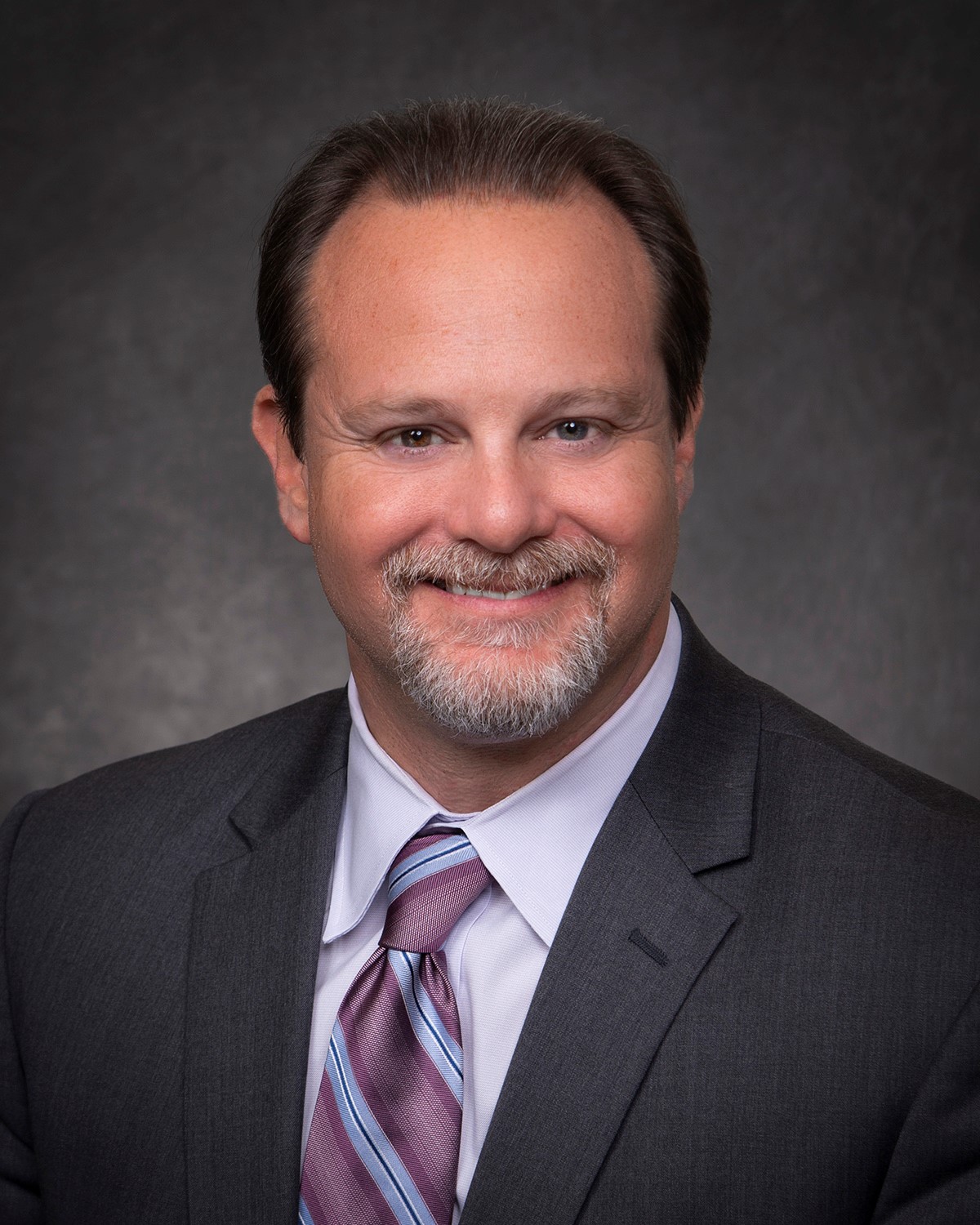The last 24 months have turned our world and our community upside-down. We have new rules, new lexicon, new fears, new accomplishments and a desire to get back to our normal routines. Throughout the pandemic, from the months even before everything was closed down, our front-line health care workers were the tip of the spear on this deadly virus. They were fighting it when we didn’t even know what it was. So here we are in March 2022. It is traditionally March Madness where we celebrate the college basketball championships, but I think we need to celebrate our Health Care Champions that helped us get though and with their amazing teamwork, are helping slam dunk this virus and keeping our community as healthy as possible.
Throughout 2020 and 2021, day in and day out, our community’s nurses, doctors, anesthesiologists, housekeeping, ambulance drivers—all of our local hospital’s caregivers—were there. They were holding down the fort, taking care of patients, working endless hours, through the waves of infection that kept coming.
Gino Patrizio has been at the helm of Sutter’s Memorial Medical Center for the last three and a half years. He is a University of Southern California, University of San Diego and Harvard graduate who has taken his experience and expertise to help serve the Central Valley. He is even a classic car guy that digs our American Graffiti culture. But above all, he helps lead teams at the hospital as part of Sutter Health’s integrated network to best support the community’s health needs through its not-for-profit mission.
We invited Gino to share his views on what we have been through and what’s ahead for our community.
ModestoView: How did your teams respond when the first waves of virus patients started to come
Gino Patricio: Memorial Medical Center has a long history of caring for patients with complex illnesses, including infectious diseases. Our teams here are trained and equipped to provide high-quality care while protecting the safety of care providers, hospital staff and other teammates.
Yet, the pandemic was something we hadn’t experienced before in our lifetimes. Our teams stood ready, but I don’t believe any of us could have imagined how long this global health threat would last or how much it would impact our everyday lives.
Fortunately, we are part of Sutter’s integrated network, which allowed us to quickly scale care for patients. It helped us acquire the necessary PPE, expand our critical care abilities and expand our testing capacity—all essential components during various surges. Moreover, if you have ever spent much time with healthcare professionals, then you know that – much like our brave soldiers and first responders – these are people who put themselves in harm’s way to care for others. When members of our community began suffering gravely from COVID, the courageous men and women who work at all of our local hospitals were ready and willing to care for them.
MV: What was the most helpful support you got from the community during this time?
GP: They were especially generous and kind, which is no surprise since we are part of such a close-knit community. Everyone from community groups to area businesses and local families dropped off meals, snacks, and other thoughtful gifts at the hospital or made signs out front to encourage our teams. The majority of our community members also did their part to help lessen the chance of severe disease and hospitalizations from COVID by getting vaccinated when they were eligible.
MV: How did your team stay positive during the worst of it?
GP: Healthcare workers have always endeavored to be there for each other as much as possible—and that took on new meaning. Over the past two years, we’ve recognized that it is less about how we support our teams as employees, and more about how we support them as people.
It became clear very early on that the scope and scale of the pandemic’s impacts on every aspect of our lives—from education to the economy—was something we hadn’t seen before. That’s when the Sutter Health organization overall broadened the approach to addressing our team’s mental, emotional and financial needs. This included investing in mental health resources including anxiety and depression counseling, traumatic event recovery, grief response, stress relief, disaster coping and resilience trainings. Our commitment to the wellness and resiliency of these healthcare professionals has never been stronger, and as leaders, we will continue to stand by them and support them into the future, as we all continue fight through COVID toward a more hopeful future for our community.
MV: What are some lessons learned through the pandemic?
GP: The COVID-19 pandemic affirmed for us that our health is precious. We need to do everything we can to protect it. The pandemic did cause some people to delay preventative health appointments, like mammograms, colonoscopies and skin exams. Regular check-ups for patients with chronic or complex diagnoses like diabetes or high blood-pressure are important to resume as well. Preventative care helps keep chronic health issues from becoming something emergent or acute. We encourage folks to get back on track with these appointments, which are important for long-lasting health.
MV: How do you think our health care professionals handled these circumstances overall?
GP: It’s true what they say about those who work in healthcare: they are special people. They are all heart, and they are true team players. They continue to answer the call even as circumstances evolve. I am deeply humbled by their resolve and consider myself privileged to work amongthem.
MV: What now?
GP: It’s important to acknowledge that COVID isn’t gone—we will continue to coexist with it. We can maintain the healthy practices we’ve adopted, which support our loved ones as well as our larger community: good hygiene, vaccinations for all those eligible, and staying up to date on our routine health appointments.










